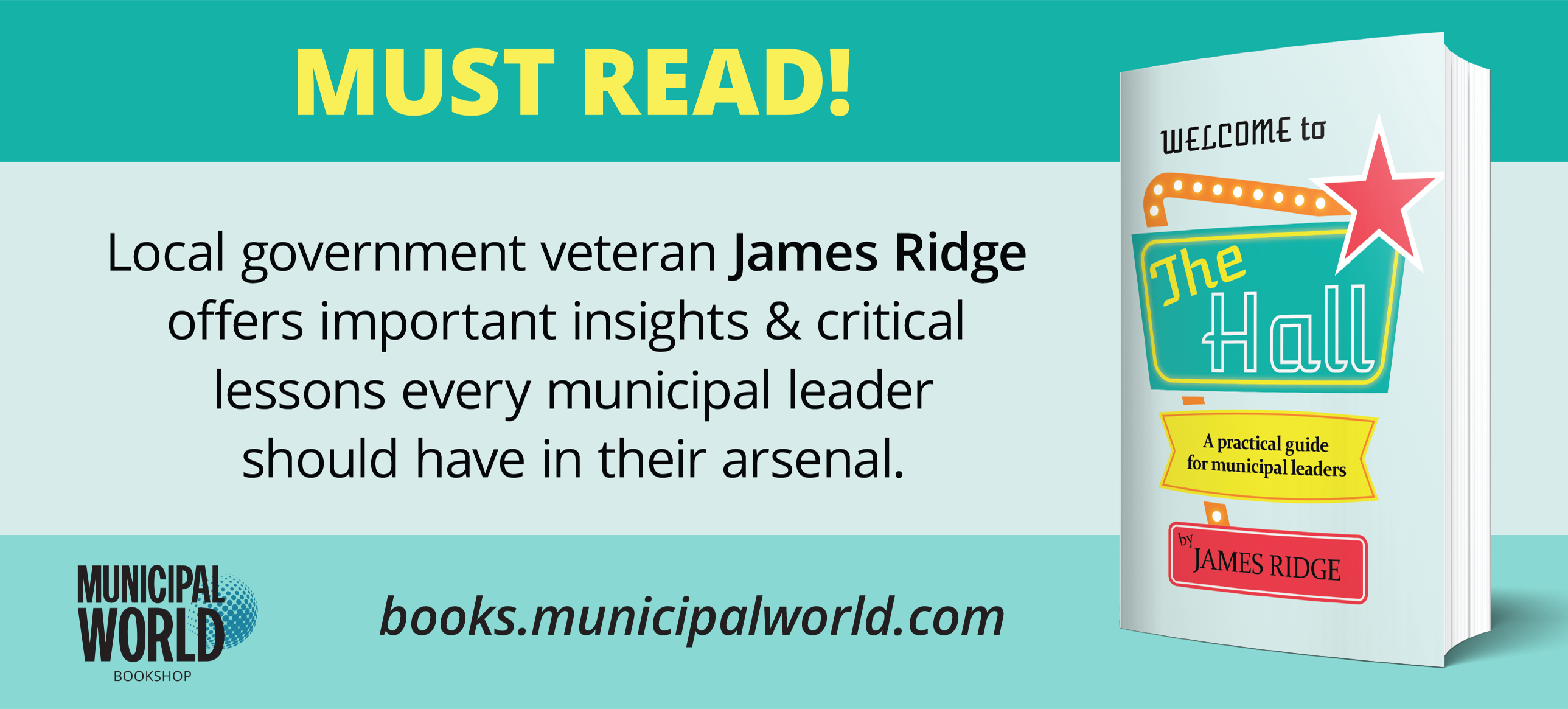Attributes of a functional council

Many council members and members of the administration are effective at what they do and understand better than others the fragile nature of the human condition. They simply work harder at treating others as they would want to be treated and consistently see the glass half full, rather than half empty. Rather than simply ignoring ignorance, they actively provide opportunities for those around them to get better.
What are the attributes of a functional council?
1. Striving to be better
A functional council strives to be better. It recognizes that it will always be “on the way,” rather than “being there.” It sees obstacles and moves to change them. It views deficiencies including in its own way of operating and strives to correct them. In effect, a functional council has the mindset that its performance today is not quite good enough. As author and speaker Tony Campolo describes (and I paraphrase), “it’s all about testimony, and not about titles.” In other words, what good are we doing for our people today – rather than, “look at us; aren’t we impressive.”
A functional council considers an external review of its operations and governance as a way of getting better; a dysfunctional council frets over what the media will say when some policy or process is questioned. Why? Because the one is sincerely interested in understanding their roles with more clarity, while the other has already arrived (having been elected into stardom), and sees little that could be improved (at least in terms of their own performance).
2. Respecting the trust of the voters
A functional council appreciates the trust it has with its residents. It understands that the folks who are demanding change, or the changes to this by-law or that, or the improvement of this roadway or that, are the same people who were promised open, transparent, and accommodating government by members of council during the campaign.
“Keeping the faith” is a trite expression for some, but it carries with it the notion that the commitments made are not to be treated lightly. Citizens place more trust in this order of government than any other. They see more of their local government than any other. They expect more responsiveness by municipal politicians than any other. A functional council cherishes this place in the hearts and minds of their fellow citizens. They do not “play politics” as though that were expected of them. They do not say one thing during a campaign and then dismiss it as rhetoric afterwards. They do not favour “open government” as though that meant “elect me then close the door.”
3. Standing in front of the crowd
A functional council does not hide from the heat. It does not place its administration as sacrificial lambs before the crowd after a decision of council has been roundly (though not necessarily legitimately) criticized. No, such a council recognizes that not every decision is well-received by every element of the public (to use the word “public” without any caveat confers a much more profound description on elements thereof than one should so liberally use). At the same time, a confident council, with a professional administration, should be reasonably well-informed as to the pros and cons of most realistic options and a well thought out analysis of why a particular choice makes the most sense. If that is true, and it should be, then defending a decision by council should not be overly difficult or onerous.
Who stands in front of the crowd? If it is a policy matter or an issue wherein the public is in attendance along with members of council, I would argue that the first speaker ought to be the mayor. Who is the policy leader for the community? It’s not the senior planner or the CAO. It’s not the councillor who heads up the planning committee. It’s the mayor. What happens if the mayor voted contrary to the council on this issue? Too bad … suck it up. The mayor still stands and presents the will of council; or, at least, that is how it is supposed to work. Some timid or ego-consumed leaders may disagree.
Society needs to hear clearly from its leaders. Obfuscation may serve the dithering; clarity serves those seeking to be informed. A functional council stands behind their decisions unless/until there is clear, irrefutable evidence to suggest otherwise. MW
A version of this article was published in Municipal World, January 2010
Municipal World Insider and Executive Members: You might also be interested in the full version of this article and George’s follow-up article: More attributes of a functional council. Note that you can now access the complete collection of past articles by George Cuff (and more) from your membership dashboard.
George B. Cuff, FCMC, our governance zone expert, has been involved in local government in one way or another since 1970. He has been a recreation and youth specialist, a department head, a mayor for 12 years, and a consultant/advisor to municipalities since 1976. He is the author of seven books on local government policy governance. His latest book is Life’s Lessons Inside City Hall – a collection of short stories and he has also written hundreds of articles and columns in Municipal World since 1984.
Related resource materials:



